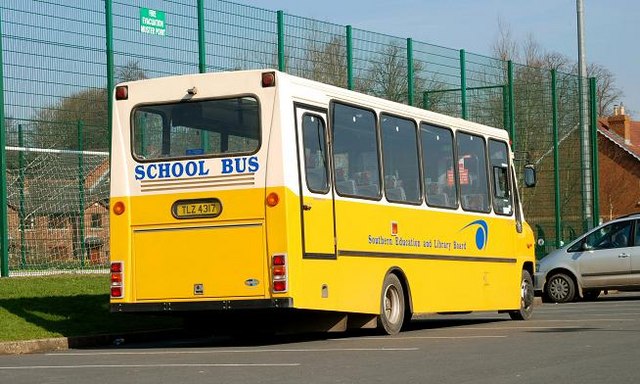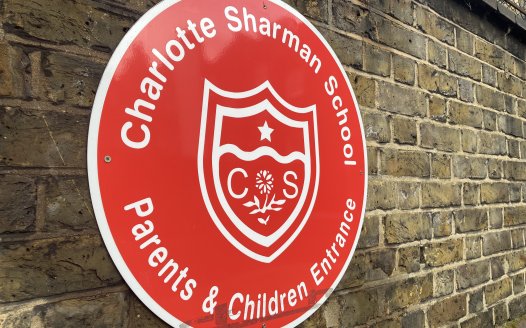NI faith schools cost taxpayer extra £226mn every year
Posted: Tue, 18th Apr 2023
Northern Ireland's religiously divided education system costs taxpayers £226mn extra each year, a new study has revealed.
The research from Ulster University, which was part funded by the Integrated Education Fund, examined the additional costs incurred by educating children from Catholic and Protestant backgrounds separately.
It found that the division of schooling along sectarian lines leads to the unnecessary duplication of services such as school transport, as well as increased administration expenses caused by Northern Ireland's "complicated educational structures".
A general excess of unfilled places caused by separating schools to "cater for various communities" also increases expenditure needlessly.
This duplication of institutions is present even in small or rural settlements, with two sets of teachers "teaching the same curriculum in each school, often to very small classes" along with the "duplication of principals and support staff".
Northern Ireland has a high proportion of small primary schools, which the research suggested may result from this kind of duplication.
The research estimated the total additional cost of the divided education system to be around "£600,000 every day of the year" – though it also allowed for the possibility that the number could be even higher.
In addition to this public expense, the research estimated that personal costs for car owners caused by the need to travel greater distances to a school of the 'relevant' religious character was in excess of £20mn each year.
This additional, unnecessary travel is thought to be around 130mn miles each year, leading to a "considerable environmental impact" and emitting "more than 9,000 tonnes of carbon dioxide".
Around 92% of children and young people in Northern Ireland continue to be educated separately, despite the existence of widespread support for integrated education.
The vast majority of schools have very few pupils from the 'other' community, and around 30% of schools do not have any representatives of the other community whatsoever.
In addition to the financial savings, the research also said there were likely "considerable social benefits" to educating children together, including the reduction of prejudice against racial and religious groups.
It also suggested that integrated education's improvements to social cohesion would render the work of organisations which exist solely to "ameliorate the divisions in [NI] society" unnecessary.
The costs for such organisations, which are often funded through the Department of Education, can be substantial. For instance, the cost of Shared Education programmes, which attempt to bring communities together in schools, totalled £191.25 million between 2020 and 2022.
The report argues that removing "the need to devise ways of children and young people learning about each other outside school", in addition to addressing the issue of duplication, could create considerable additional savings.
Despite these potential benefits, the research notes that "pressure groups on either side strive to retain schools to serve their 'own' community."
NSS: 'We can't afford to continue religiously segregating schools"
Jack Rivington, campaigns officer at the National Secular Society, said: "This new research clearly sets out how dividing schools on the basis of faith is bad for children's education, bad for social cohesion, and even bad for the environment.
"Every penny currently wasted on pandering to religious sectarianism would be far better invested in integrated schools which educate children together, irrespective of their background.
"It's evident that the majority of citizens in Northern Ireland support such measures - the government should listen to public opinion and prioritise the interests of children, not the misplaced priorities of religious lobbyists."
Image: Aubrey Dale, CC BY-SA 2.0 via Wikimedia Commons
No more faith schools
We need inclusive schools free from religious discrimination, privilege or control. Join our campaign.








